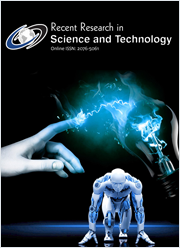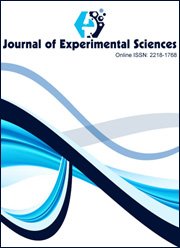A Review on “Anti-angiogenic Therapy – Past, Present and Futureâ€Â
Abstract
Angiogenesis, or the formation of new blood vessels out of pre-existing capillaries, is a sequence of events that is fundamental to many physiologic and pathologic processes such as cancer, ischemic diseases, and chronic inflammation. With the identification of several proangiogenic molecules such as the vascular endothelial cell growth factor, the fibroblast growth factors (like in FGFs), and the angiopoietins, and the recent description of specific inhibitors of angiogenesis such as platelet factor-4, angiostatin, endostatin, and vasostatin, it is recognized that therapeutic interference with vasculature formation offers a tool for clinical applications in various pathologies. Whereas inhibition of angiogenesis can prevent diseases with excessive vessel growth such as cancer, diabetes retinopathy, and arthritis, stimulation of angiogenesis would be beneficial in the treatment of diseases such as coronary artery disease and critical limb ischemia in diabetes. In this review we highlight the current knowledge on angiogenesis regulation and report on the recent findings in angiogenesis research and mainly highlight the anti-angiogenic drugs/therapy.




 .
.